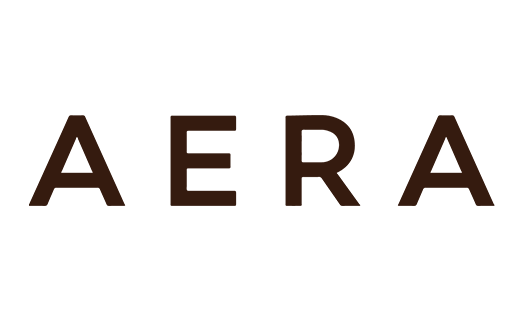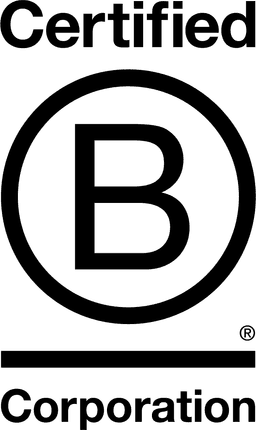

The Humble Shoe Company, Inc.

New York, United States
December 2021
Apparel
Wholesale/Retail
United States
The Humble Shoe Company, Inc. - dba AERA - philosophy has been built on three principles, and everything we do adheres to them. “Good for You”: Our shoes are beautifully designed, made by artisans in Veneto, Italy, are of the highest quality and comfort, are accessible (within the luxury market segment) and timeless. “Good for People”: We only work with highly ethical, like-minded suppliers, who pay their employees, at the least, a living wage. We will share our success with all our employees and invest in their well-being. “Good for the Planet”: We use high quality, vegan, eco-friendly materials and processes, as much as possible, without jeopardizing our first principle. We then scientifically measure all the environmental impacts of our shoes (through conducting LCA studies on all the shoes we make), transparently present the impacts via our website, and then work with certified third parties to offset them by 110%, thus not only reversing our environmental impacts, but actually leaving the planet better off. AERA shoes are PETA certified Vegan and certified Carbon Negative.
Overall B Impact Score
Governance 16.0
Governance evaluates a company's overall mission, engagement around its social/environmental impact, ethics, and transparency. This section also evaluates the ability of a company to protect their mission and formally consider stakeholders in decision making through their corporate structure (e.g. benefit corporation) or corporate governing documents.
What is this? A company with an Impact Business Model is intentionally designed to create a specific positive outcome for one of its stakeholders - such as workers, community, environment, or customers.
Workers 17.1
Workers evaluates a company’s contributions to its employees’ financial security, health & safety, wellness, career development, and engagement & satisfaction. In addition, this section recognizes business models designed to benefit workers, such as companies that are at least 40% owned by non-executive employees and those that have workforce development programs to support individuals with barriers to employment.
Community 23.3
Community evaluates a company’s engagement with and impact on the communities in which it operates, hires from, and sources from. Topics include diversity, equity & inclusion, economic impact, civic engagement, charitable giving, and supply chain management. In addition, this section recognizes business models that are designed to address specific community-oriented problems, such as poverty alleviation through fair trade sourcing or distribution via microenterprises, producer cooperative models, locally focused economic development, and formal charitable giving commitments.
Environment 37.3
Environment evaluates a company’s overall environmental management practices as well as its impact on the air, climate, water, land, and biodiversity. This includes the direct impact of a company’s operations and, when applicable its supply chain and distribution channels. This section also recognizes companies with environmentally innovative production processes and those that sell products or services that have a positive environmental impact. Some examples might include products and services that create renewable energy, reduce consumption or waste, conserve land or wildlife, provide less toxic alternatives to the market, or educate people about environmental problems.
What is this? A company with an Impact Business Model is intentionally designed to create a specific positive outcome for one of its stakeholders - such as workers, community, environment, or customers.
Customers 2.3
Customers evaluates a company’s stewardship of its customers through the quality of its products and services, ethical marketing, data privacy and security, and feedback channels. In addition, this section recognizes products or services that are designed to address a particular social problem for or through its customers, such as health or educational products, arts & media products, serving underserved customers/clients, and services that improve the social impact of other businesses or organizations.